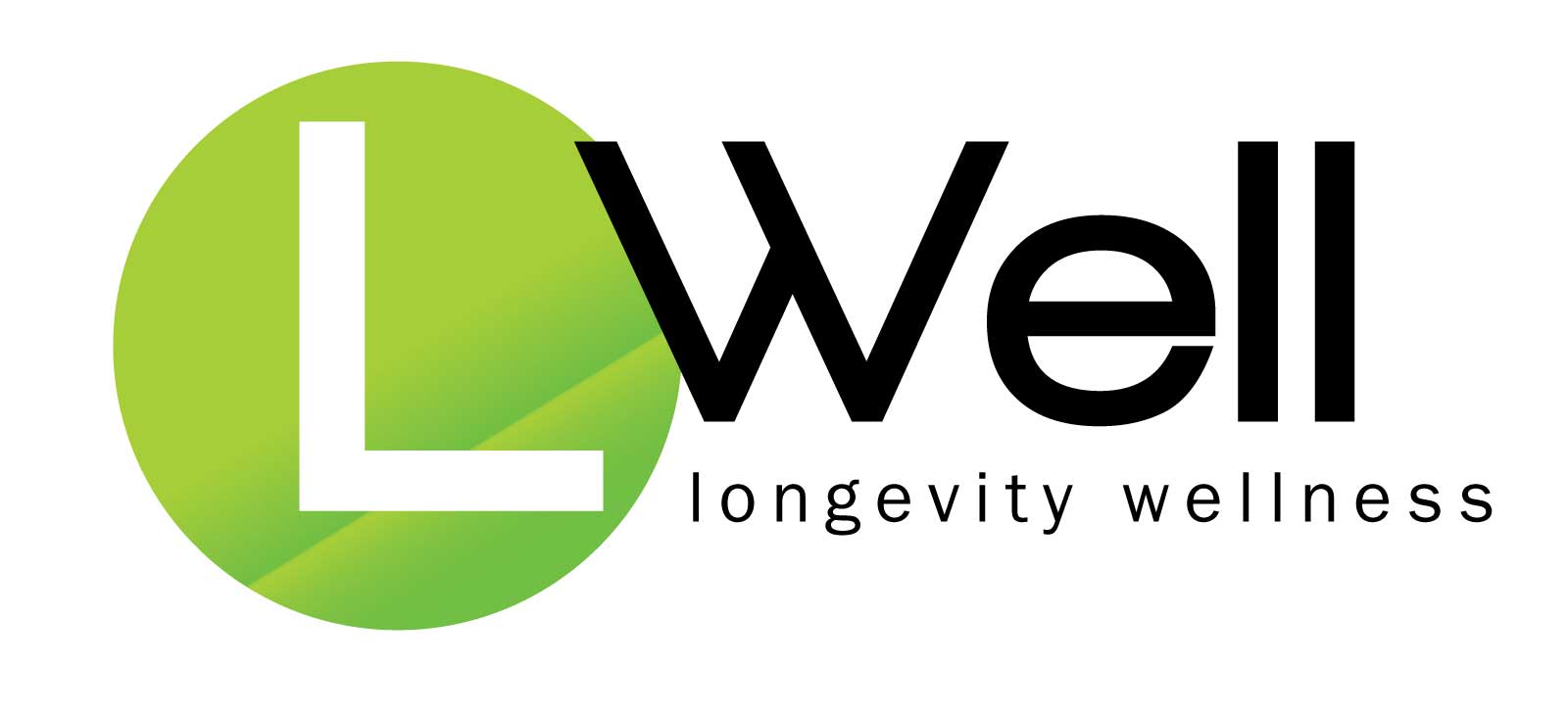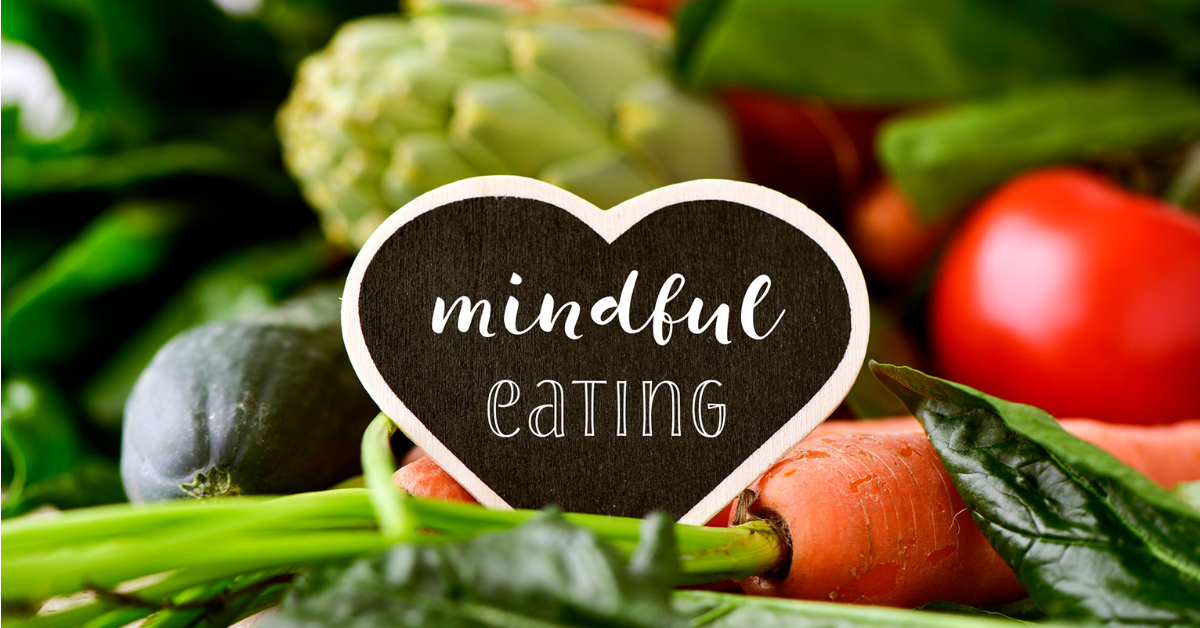Mindful Eating “Musts” for Weight Loss
“Mindful eating is a fundamental practice for health and wellness,” says Carey Nadal, a Registered Dietitian Nutritionist and Certified Specialist in Renal Nutrition at LWell. “It helps to establish an awareness of the eating experience while allowing time for our stomach to communicate fullness to our mind.”
The challenge? Today’s modern lifestyle, with more stress and demands than ever before—coupled with greater access to convenience foods than ever before—makes it all too easy to make impulsive, unhealthy choices that contribute to unwanted weight gain, fatigue, diabetes and a long list of other health problems.
Nadal says her clients often see excellent results when they implement mindful eating strategies. Below are six strategies for more mindful eating:
1) Slow Down the Pace
Truly savor the flavor of each bite and take a deep breath between bites. Nadal advises chewing each bite up to 30 times before swallowing and setting your utensils down in between bites. Satiety has a lag time of about 20 minutes, so eating too fast can naturally lead to overeating. Slow down and stop when your body sends signals that it’s full. Nadal also encourages time management techniques to plan for mealtimes versus eating on the go. (For example, “Lunch” gets its own 30-minute block on the calendar.)
2) Pay Attention to Cues
According to Nadal, people will often eat out of habit — or as a response to stress or emotions—rather than actual hunger. “Pay attention to signs of fullness,” says Nadal. Listen to your body’s cues and learn to differentiate the true signs of hunger (e.g., stomach gurgles, low energy, lightheadedness) vs. emotional triggers like stress, depression, boredom, sadness, loneliness or anxiety.
3) Harmonize Your Environment
What does your kitchen and/or dining space say about your food habits? Is it well organized or a total mess? Is your table clean and inviting or cluttered with this week’s junk? Is your pantry stocked with healthy staples or full of highly processed packaged foods? Tips: If you are following a meal plan, clear the counters from any cookie jars, packages, or visual reminders of food that might steer you off track. Create more harmony at mealtimes by setting the table, lighting candles, dimming the lights, and playing soft music. Use the “fancy” plates and the “real” napkins to create a more sacred aura around food. Nadal also suggests eating from smaller plates for better portion control/satiety and clearing the table immediately after you’re finished eating. And don’t leave dishes in the sink!
4) Know Your Triggers
Do specific foods, situations or people cause you to stray off track from your dietary goals? Make a list of these “triggers” along with a few strategies for each that can help you stay on track next time you’re face-to-face with one. If you know specific foods are triggering, then simply don’t buy them or keep them around! If certain people pressure you into eating more than you’d like, then plan other social activities with them such as a walk or a yoga class. If certain times of day pique your cravings (e.g., the 3 o’clock chocolate frenzy), then be prepared with alternatives or strategies that won’t risk derailing your goals.
5) Connect with Your Food
As you savor each bite, think about all the steps, people, and exchanges that were involved in bringing this meal to your table. Give gratitude and reverence for what’s before you. Where did this food come from? What was involved to harvest each ingredient? Who and what made it possible? Nadal suggests really tapping into the senses and focusing all your attention there—how does it look, smell, feel, and taste? Also, consider a prayer or positive mantra to bless the food before eating and ask that the food nourish and empower you.
6) Eliminate Distractions
According to Nadal, “Some of the most common mindless eating traps people fall into are eating lunch at their desk, eating while driving or commuting, or being distracted by a variety of devices.” So, turn off the screens, close the books, set down the task at hand, and really dial your focus onto the food in front of you. Being fully present with your food is one of the true distinctions between “mindful” and “mindless” eating.
Well, there you have it. Six proven strategies you can adopt today to eat more mindfully and improve your overall relationship with food. Ready to start your total health transformation at LWell? Our team of elite registered dietitian nutritionists (RDNs) can help you onto the right path and program that is best aligned with your goals.
You might be asking; Do I have to be perfect all the time to see results or be successful at this? “Perfection is rarely achievable and even more rarely sustainable,” says Nadal. “There will be setbacks along the way. Instead, I urge everyone to set small, short-term realistic goals. Dopamine is released when we reach these goals, keeping us motivated to continue to set goals.”
Yes, I want to know how LWell can help me set reachable goals to transform my health and quality of life.
Medical Nutrition Therapy (MNT) at LWell is covered by most major insurance providers. Call (833) 516-0454 today to book a consultation.
Is this test right for me?
To determine if a GI map is right for you, consider your symptoms, medical history, and treatment goals. If you're experiencing persistent gastrointestinal issues, unexplained symptoms, or have a family history of digestive disorders, discussing GI mapping with an LWell provider may provide valuable insights. Consulting with LWell can help assess whether the test aligns with your healthcare needs and goals, guiding you in making an informed decision about whether to pursue GI mapping as part of your diagnostic and treatment journey.
How accurate is this test?
GI mapping tests utilize advanced molecular techniques to analyze the composition and function of the gut microbiome, providing detailed insights into microbial diversity, imbalances, and potential markers of gut health and disease.
Sample required
The Gastrointestinal Microbial Assay Plus (GI-MAP™) is an innovative
clinical tool that measures gastrointestinal microbiota DNA from a single
stool sample with state of the art, quantitative polymerase chain reaction
(qPCR or real-time PCR) technology.
Get on Track
Call to schedule your appointment with an LWell dietitian and get on track to better health.
(833) 516-0454
Williamsburg, VA 23185

